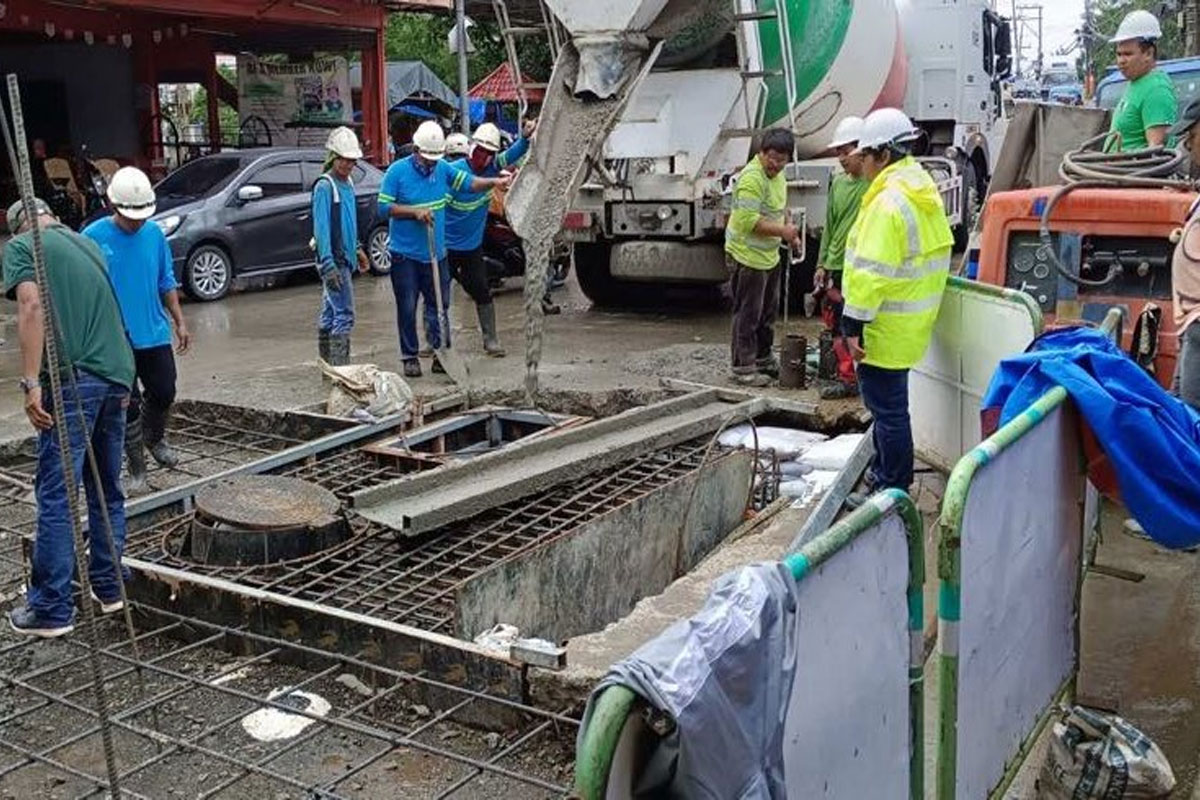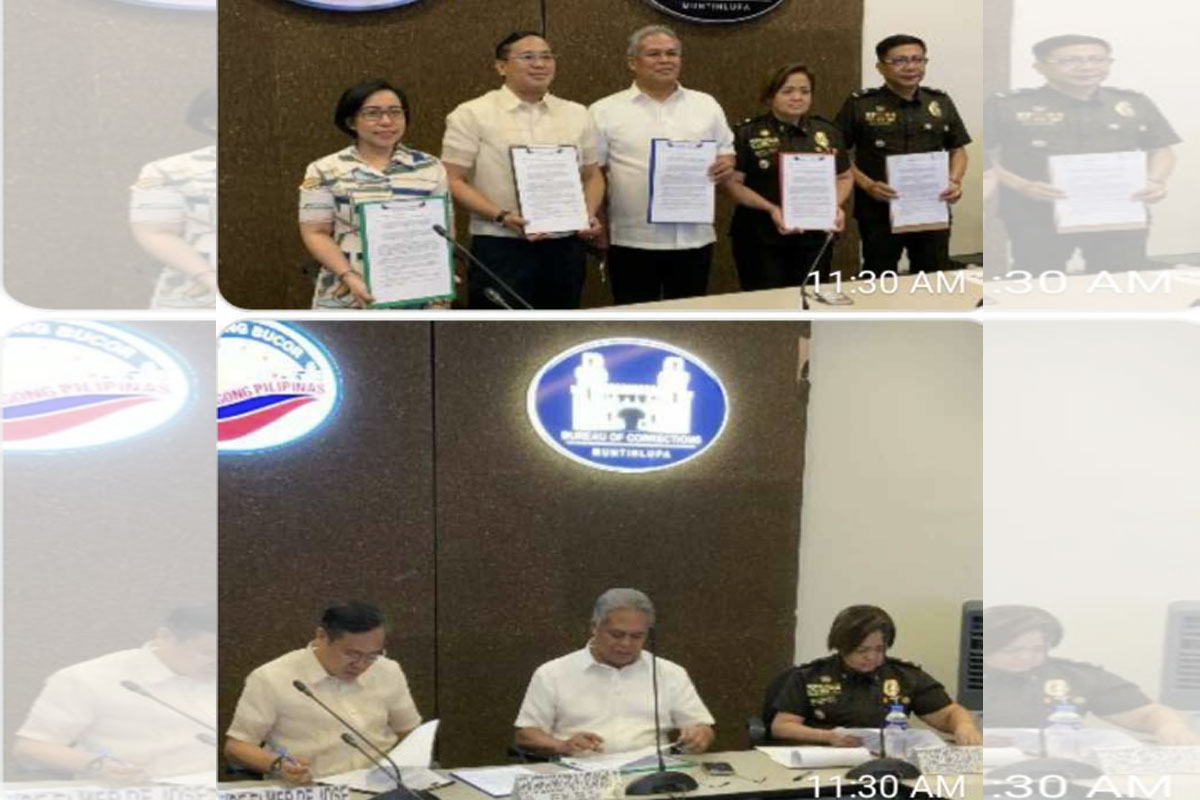
Sotto, Abalos lead ‘Alyansa’s’ push for job creation, livelihood boost in Rizal
ANTIPOLO CITY — FORMER Senate President Vicente “Tito” Sotto III on Friday stressed the need for provinces like Rizal to have their own dedicated budgets for livelihood and agricultural programs in order to boost jobs and livelihood opportunities.
“Well, I think the technique necessary is for additional funding for the different provinces, and definitely for Rizal, so that they may have a separate budget especially for livelihood and agriculture and whatever is necessary,” Sotto said during the Alyansa Para sa Bagong Pilipinas senatorial slate’s press conference in Antipolo.
“Because currently ‘yong budget nila, based on their income and internal revenue allotment. Iba na tawag nila ngayon hindi na IRA, ‘no? [That] would not be enough, so the possibility of additional funding hindi lang basta ‘yong LGSF… Kailangan siguro magkaroon ‘yong sinasabi namin nila Senator Lacson before na additional funding directly for livelihood and agriculture sa iba’t ibang probinsiya,” he added.
Meanwhile, former Department of the Interior and Local Government (DILG) Secretary and Mandaluyong Mayor Benhur Abalos for his part emphasized the importance of crafting holistic localized development solutions for relocated informal setters.
“So there’s now a problem with informal settlers here at ang trabaho ay talagang napaka-importante nito,” Abalos said. “Ang problema with this, once you relocate, ang number one problema ay trabaho. Kasi you will place them in a place na talagang ang lalayo, walang trabaho.”
Abalos shared a past initiative during his time as DILG Secretary, highlighting a practical model that could be replicated in Rizal that takes into account the transportation needs and access to employment and education of relocated informal settlers.
“Noong nilipat ko ‘yong informal settlers sa Cavite, ang isang formula ko is it should be one jeepney ride away from the nearest place of work. Nagkaroon kami ngayon ng job placement … pati eskwelahan. Lahat ng fears of resettlement — trabaho, edukasyon, lahat. ‘Yong nilipatan sa subdivision, binayaran ko,” he explained.
He said the same approach could work in Rizal, especially in “blighted areas” that can be transformed into self-sustaining communities.
“Dito, pwedeng mangyari itong mga blighted areas. We could build an area by building a community. A place of work na pwede natin lagyan ng parang EPSA [Economic Processing and Support Area], let’s encourage them to have one. A place of TESDA, a place of lagyan mo ng eskwela, paglipat mo ngayon, ‘yong mga tao hindi na kailangan umalis pa, nandoon na sila,” Abalos said.
Abalos also highlighted the critical role that local government units (LGUs) can play in stimulating the economy and job creation.
Reflecting on his time as a local chief executive, he underscored the buying power of LGUs and their potential to support agriculture in nearby provinces like Rizal.
“But answering your question is that one of the things na pwedeng malaking makatulong are the LGUs themselves. Ang LGU, when I was a mayor, I used to buy products.
Lalo na kung drought sa magsasaka ng Nueva Ecija. Just to help them,” he recalled.
He added that a similar model could be developed for Rizal farmers, supported by the LGUs of Metro Manila.
“Just imagine ‘yong mga agricultural [produce] natin sa Rizal, ang bibili lahat ng LGUs ng Metro Manila, hindi ba? Give them incentives, make a good program here, it will stimulate this at gaganda ang programang ito,” Abalos said.






















